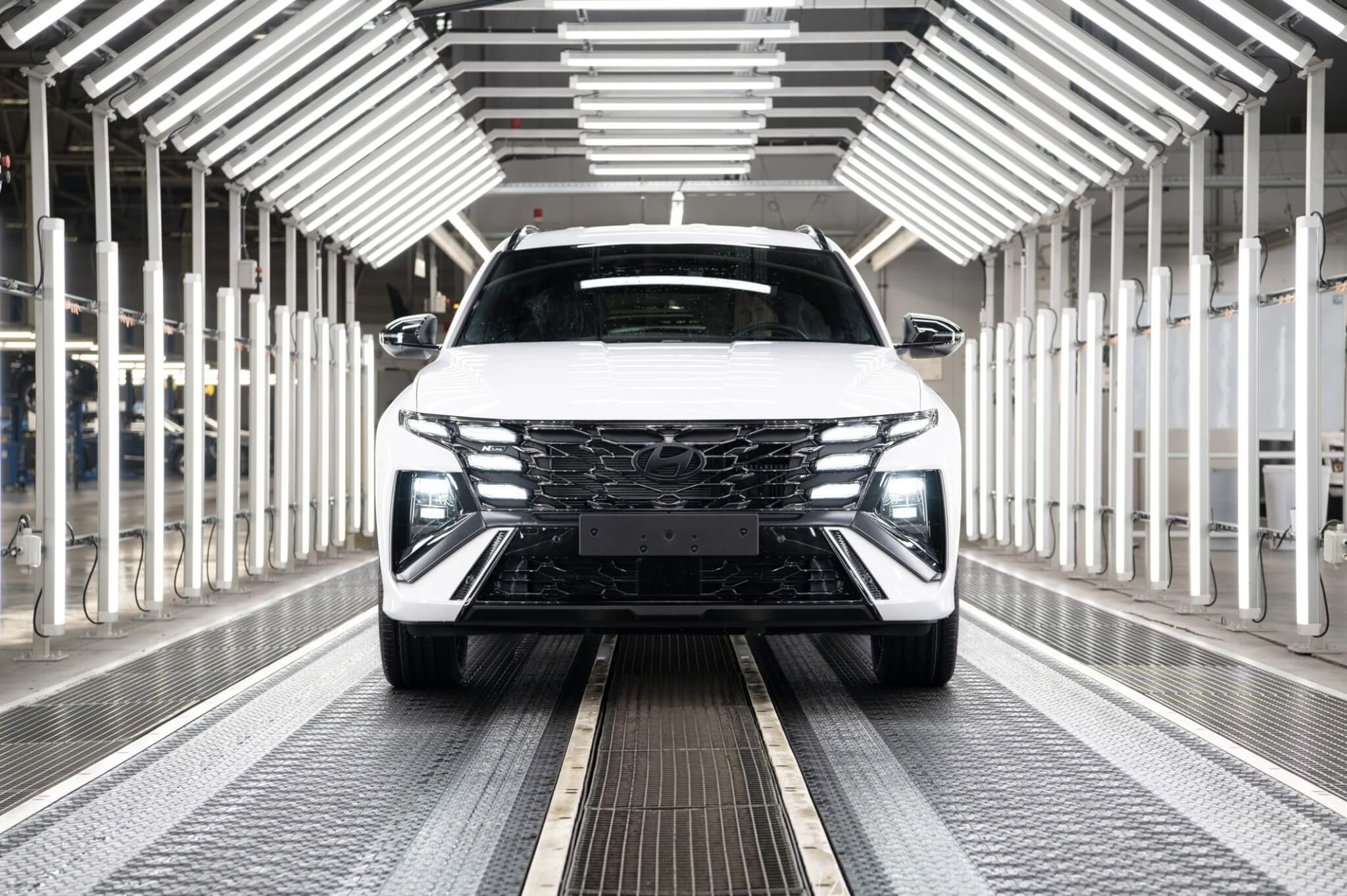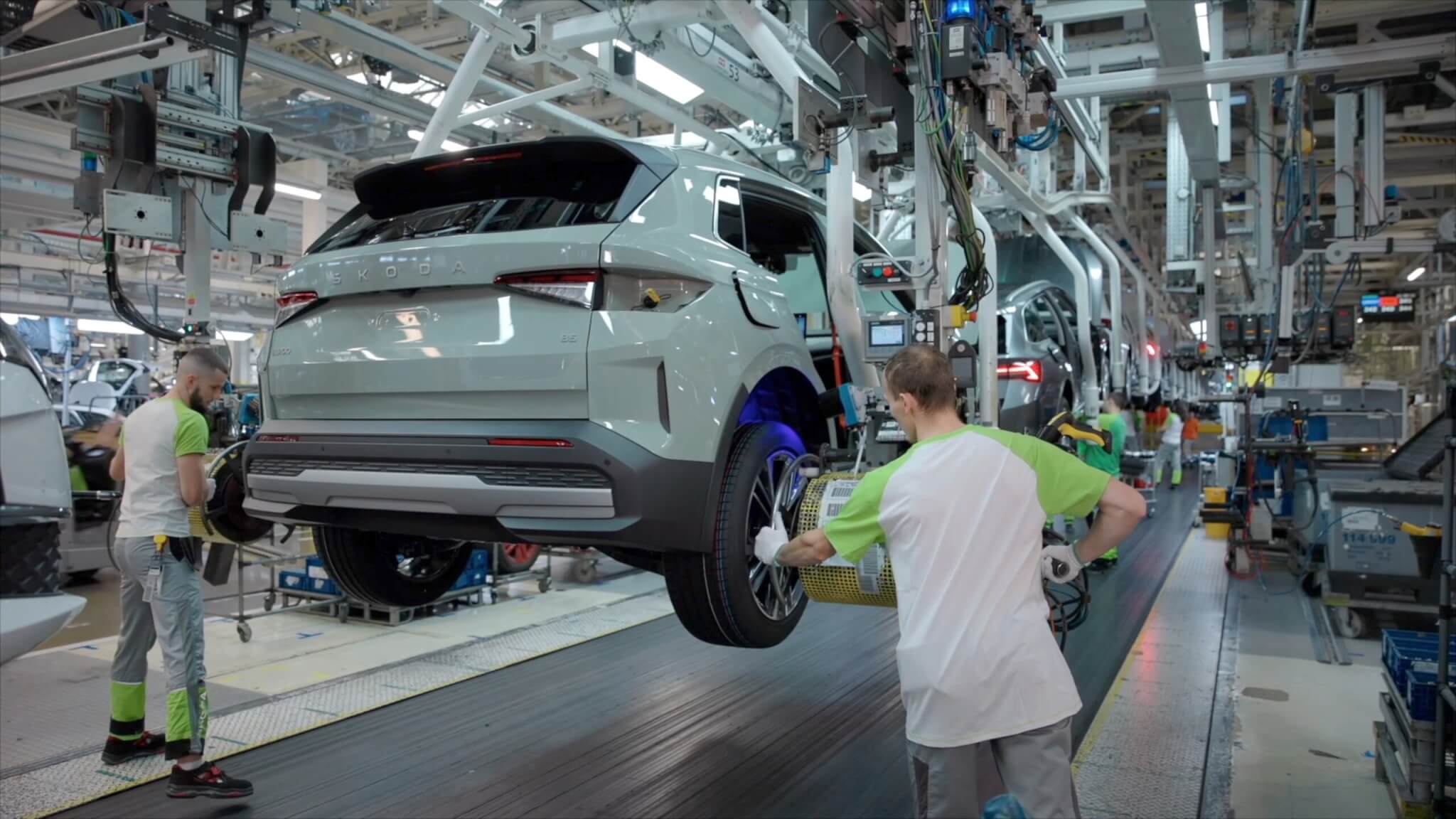Vehicle production erases losses from the beginning of the year
In the first five months of 2025, a total of 611,160 passenger cars were produced in the Czech Republic, i.e. 6.3% less than in the same period in 2024. In May alone, total production has almost stabilized and approached the results of last year. The electric vehicle segment continue










